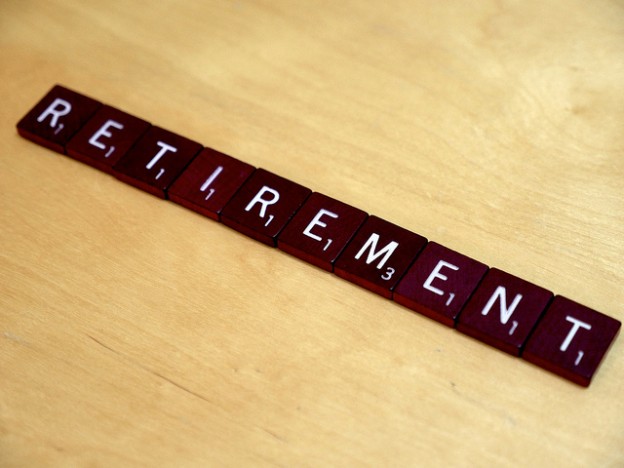When Should You Retire and What Should You Expect With Your Benefits?

A majority of federal employees tend to favor retiring at the very end of December or by January 3rd, depending on whether they are under the Federal Employees Retirement System (FERS) or the Civil Service Retirement System (CSRS).
One of the primary reasons as to why soon-to-be retirees choose these dates is that they can get paid for their annual leave with mostly 2020 rates. The new pay raise for next year will be 3.1 percent, which is a significant increase. Many that wish to retire in January will also be facing a lower tax rate.
However, many federal employees do not know when they will be retiring. Thankfully, each year that they continue to work in federal service, the more that their pension increases. But for some, it is more important to enjoy their lives freely like never before.
For those of you that are thinking about or are retiring soon, some things need to be considered. Here are some of those things:
Do you know where you will be residing while in retirement? Have you done some research on how your state compares to other states when it comes to income, sales, and property taxes? If there are states that are significantly much lower in taxes, would you possibly move?
Have you planned out how much you will need and how much you will actually have when retired? Do you know when and in what order you will need to tap into your Social Security benefits, annuities, TSP, and other investment accounts? Are you focused on your money lasting through your retirement or more focused on leaving an inheritance for your loved ones?
Those that have their retirement package under CSRS have more benefits when it comes to their pension. Those that have been investing in their TSP will basically have extra money that they more than likely will not need to use for their daily expenses. However, those under FERS have the TSP as a crucial part of their retirement package along with their government pension and Social Security benefits.
Unfortunately, a lot of feds do not know if they can retire without struggling.
A big reason is that there are three segments to the Federal Employment Retirement Plan. They must understand and know what kind of positive and negative impact they can make to each of these parts of their package. FERS has a lot of information and rules to take in.
A majority of employees are unsure as to how much they will be paying in taxes on their benefits and other retirement income.
To start, FERS has a small portion that is exempt from taxes, aside from that, everything else will be taxed under the ordinary income category. Once retired, they can file a W-4P to have withholding done on the federal level for their pension. They can also create a system for state tax withholding once their retirement application has gone through with OPM.
The Thrift Savings Plan thoroughly considered ordinary income. The only time it is not liable to taxes is if the contributions came from a qualified Roth balance. You can elect for a tax withholding at the federal level but not for the state.
For most feds, Social Security benefits taxable federally, but some states do not tax SS. For single filers, if they have more than $34,000 in combined income or $44,000 for joint filers, you will be liable to pay tax on 85 percent of your benefit as ordinary income.
Those that have already claimed their SS benefits that wish to begin having some of their income withheld will need to put in a request for voluntary withholding with a W-4V. The percentage to withhold are 7, 10, 12, and 22 percent of your monthly payments for your income taxes. The same form from the IRS can also enable you to alter your withholding rate or to stop it.
For those that do not know, your combined income is your adjusted gross earnings plus interest that is not taxable, and 50 percent of your SS benefits.
Remember that some states do tax your Social Security payments, and others exempt it or do not have it implemented. These are some of the reasons why some people decide to retire to a different state so that they can save more money to enjoy their retirement.






